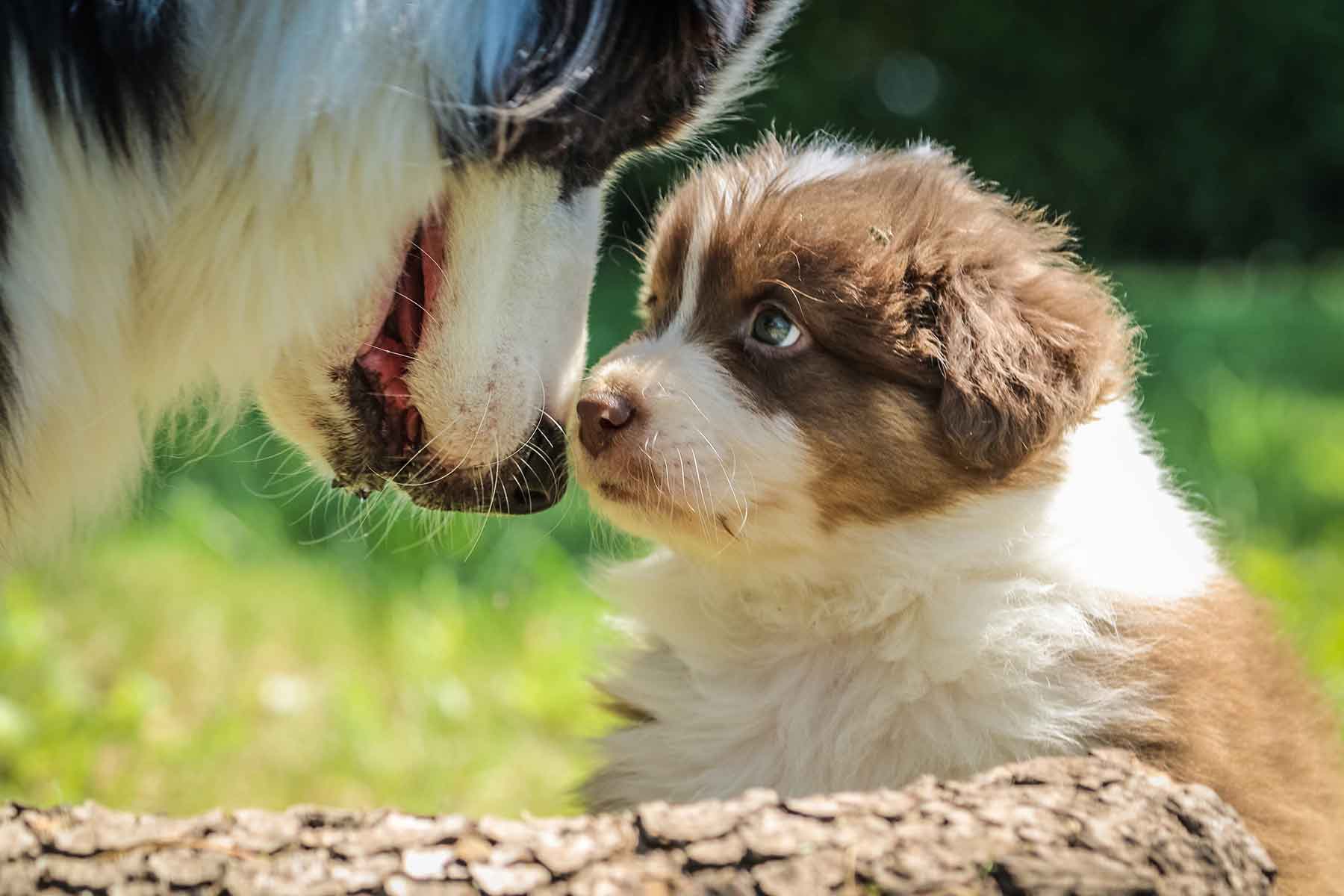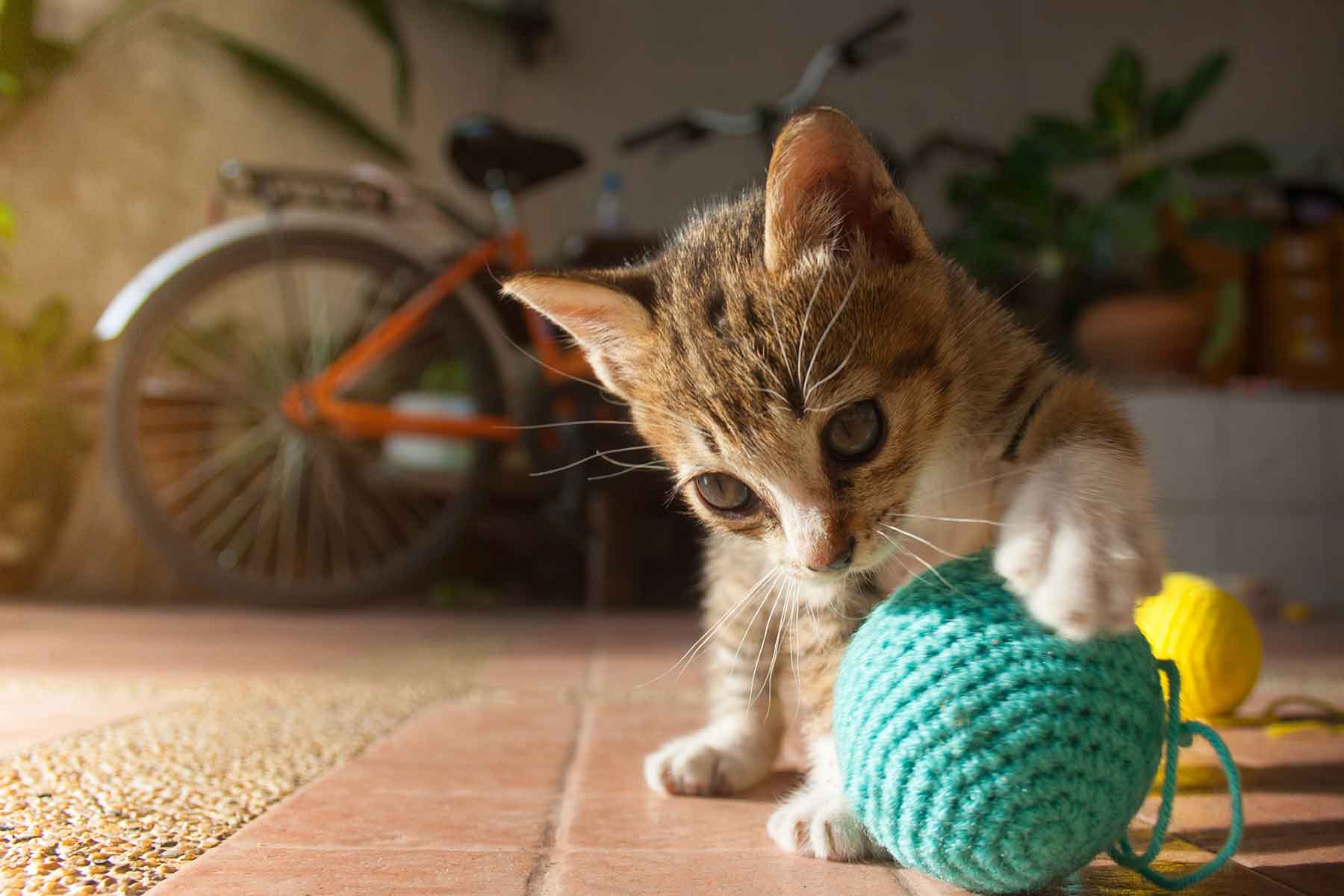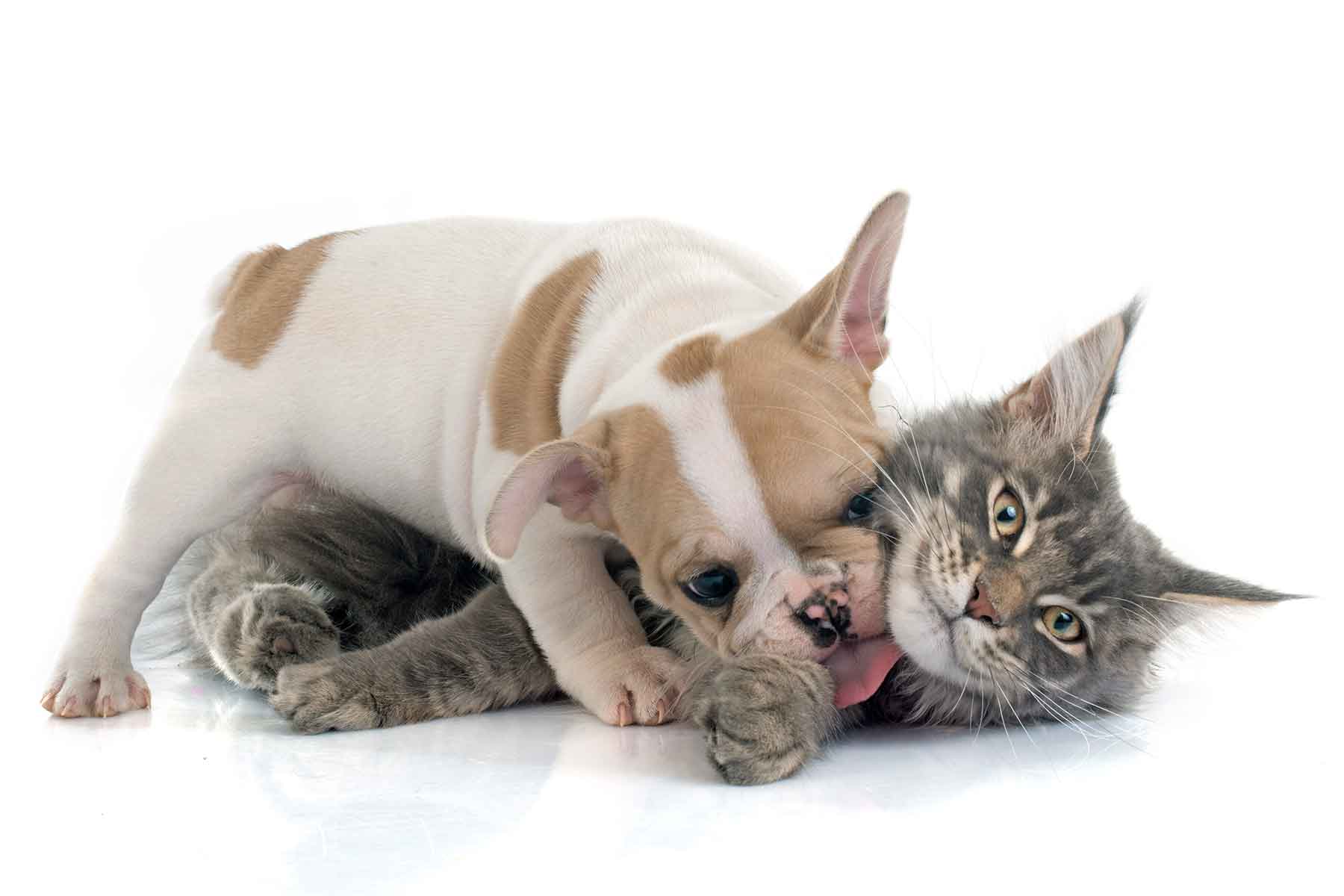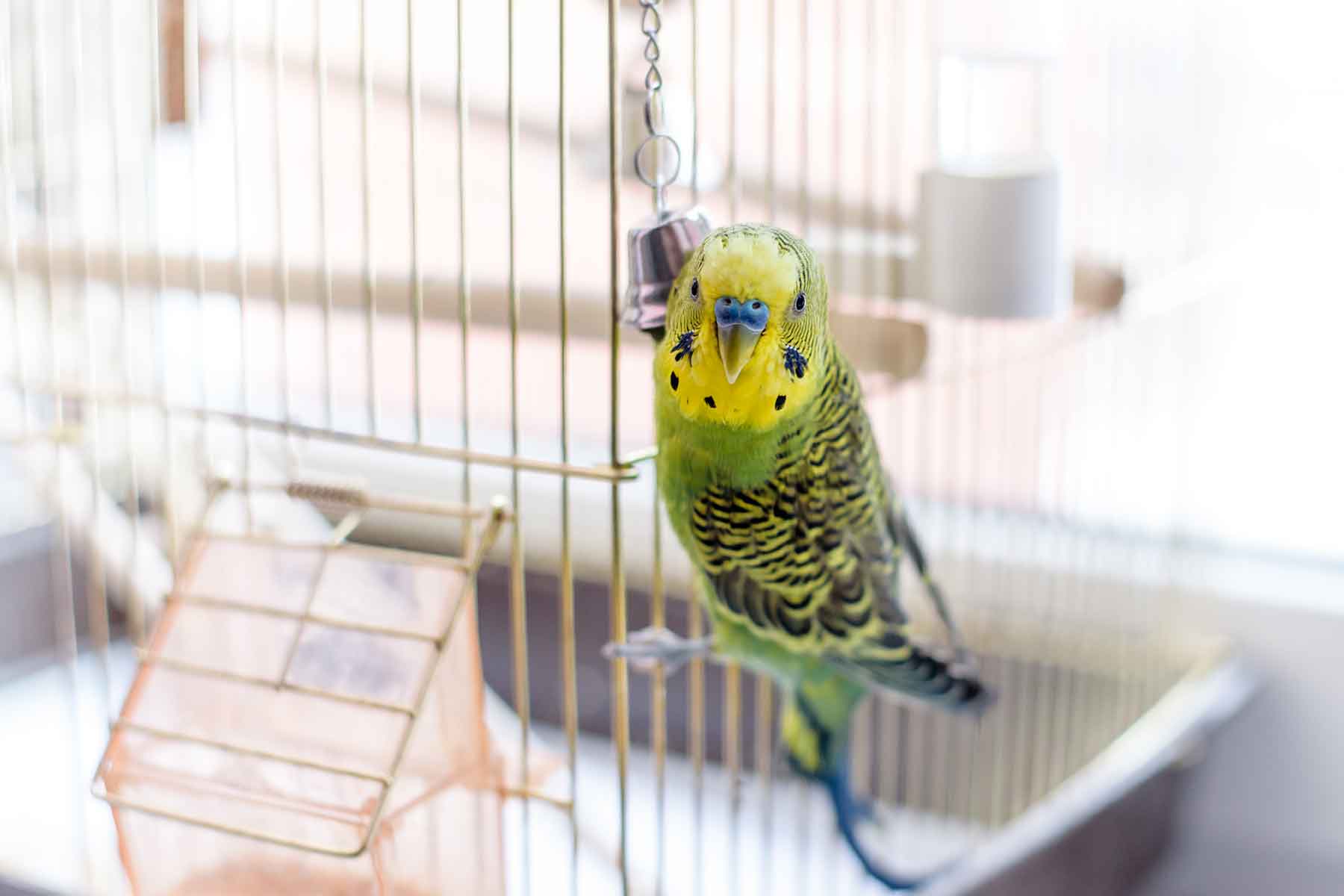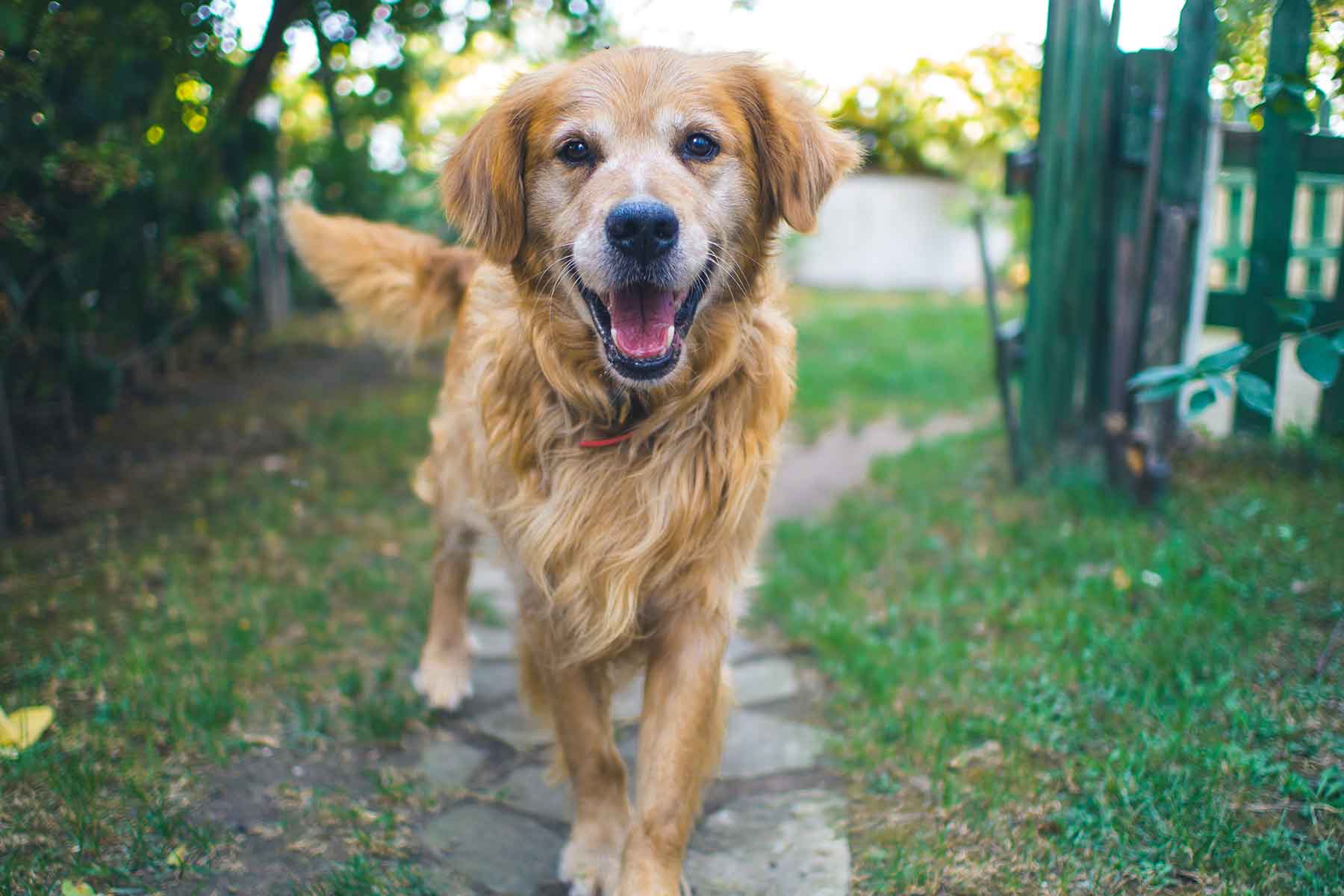Whether a cat accidentally chews into a pill bottle or a well-intentioned pet owner accidently switches medications (giving their pet a human medication), pet poisonings due to human medications are common and can be very serious. Pets metabolise medications very differently from people. Even seemingly benign over-the-counter or herbal medications may cause serious poisoning in pets.
Never give your a cat human medication. Even in tiny doses it can be extremely harmful.
Human medicines that are potentially poisonous to cats include:
- Paracetamol
- Antidepressants
- Ibuprofen
- Aspirin
- ADD/ADHD medications
- Laxatives
- Betadine and Dettol
- Benzodiazepines and sleep aids
- Birth control pills
- Blood pressure tablets
- Thyroid hormones
- Cholesterol lowering agents
Giving your cat Another Pet’s Medications
Pet medication is designed to taste delicious so that animals will eat it. Even the fussiest cat might be tempted. The physical damage of accidental ingestion of medication can be very serious – particularly if the dose is for an animal three or four times bigger in size.
Using Dog flea treatment products on cats
Never use dog products on cats
While flea and tick treatments work well for dogs, the Pyrethrin in dog powder can be highly toxic and potentially fatal for cats. Poisoning can arise when cats are accidentally treated with such dog flea products or if they groom themselves or other animals treated with the product.
Cats may salivate a great deal, be thirsty and have a high temperature and tremors or convulsions – urgent veterinary advice is essential.
Always read treatment labels carefully, as those that contain Pyrethrins or Pyrethroids (a derivative of the Chrysanthemum flower), should be avoided at all costs.
What signs might warn me that my cat may have been poisoned?
The clinical signs are very variable and will depending on the particular poison concerned.
Some of the most common signs include:
- Gastrointestinal signs (vomiting and diarrhoea)
- Neurological signs (tremors, incoordination, seizures, excitability, depression, or coma)
- Respiratory signs (coughing, sneezing, difficulty breathing)
- Skin signs (inflammation, swelling)
- Liver failure (jaundice, vomiting)
- Kidney failure (increased drinking, loss of appetite and weight loss).
Some poisons act on more than one body system, and so can produce any combination of the above signs.
Paracetamol and cats
Paracetamol is often given to cats in a caring but misguided attempt to relieve pain. It is highly dangerous to cats and just one tablet is enough to cause severe illness or death.
Signs of paracetamol poisoning include:
- Depression
- Vomiting
- Swelling of the face and paws
- A bluish discolouration of the skin.
An effective antidote is available but must be used very soon after the cat has taken the tablet.
Anti-depressants and cats
In the USA, the most common medication reported to the *Pet Poison Helpline is antidepressant medication. When ingested, they can cause animals to become:
- Sedated
- Uncoordinated and agitated
- Or get tremors and seizures.
Ibuprofen and cats
Even one or two pills can cause serious harm to a pet. Cats may develop:
- Serious stomach and intestinal ulcers
- Kidney failure
WHAT SHOULD YOU DO IF YOU THINK YOUR CAT HAS BEEN POISONED?
The sooner veterinary treatment is received, the better your cat’s chances of survival.
- Contact your vet for advice immediately; make sure you know when, where and how the poisoning occurred. If appropriate take the packaging or substance with you to the vet.
- Remove your cat from the source of the poison and isolate from other animals.
- If the poison is on the coat or paws, try to prevent the cat from grooming itself further.
- Do not try to make the cat vomit, unless you are instructed to do so by your vet.
To Avoid Accidental Poisonings:
Always keep medications safely out of reach and never administer a medication to a pet without first consulting your veterinarian.
Never leave loose pills in a plastic ziplock bag – the bags are too easy to chew into. Make sure visiting house guests do the same, keeping their medications in a drawer or cupboard out of reach.
- If you place your medication in a weekly pill container, make sure to store the container in a cabinet out of reach of your cat.
- Never store your medications near your pet’s medications – we receive calls from concerned pet owners who inadvertently give their own medication to their pet with some requiring urgent medical attention – please be cautious.
- Hang your bag up. Inquisitive pets will explore the contents of your bag and simply placing your bag up and out of reach can help to avoid exposure to any potentially dangerous medication(s).

